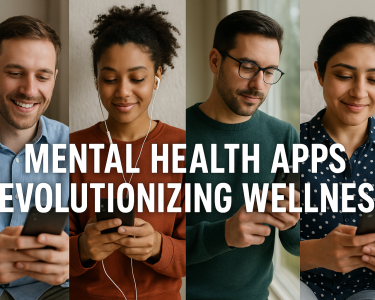Childhood is a crucial stage of development, and proper nutrition is essential for optimal growth and development of the brain. However, research has shown that many children do not receive the necessary nutrients for their brains to function at their best, leading to a wide range of physical and mental health issues. In this article, we will explore the correlation between nutrition and children’s mental health.
The first thing to consider is the impact of a balanced diet on the brain. A balanced diet provides the body with essential nutrients that help in the growth and development of the brain. For example, omega-3 fatty acids found in fish and nuts help to support brain function and development, while iron-rich foods like spinach, meat, and beans are critical for oxygen transport and cognitive function.
Furthermore, research has linked certain nutrients to specific mental health outcomes in children. For example, a deficiency in vitamin D has been linked to depression, while low levels of zinc have been linked to anxiety and ADHD. Therefore, it is crucial to ensure that children receive all the necessary vitamins and minerals through a well-balanced diet.
However, it’s not just about what children eat. The timing of meals and snacks is also essential. Skipping meals or not eating enough can lead to decreased concentration and attention span, as well as increased irritability and mood swings. On the other hand, overeating or consuming too much sugar can lead to hyperactivity and a lack of focus.
Another critical factor to consider is the quality of food. Processed and fast foods that are high in sugar, salt, and fat can lead to inflammation and oxidative stress, which can damage the brain cells and lead to mental health issues. Therefore, it’s essential to limit the consumption of these foods and opt for whole foods like fruits, vegetables, whole grains, and lean proteins instead.
Finally, it’s important to involve children in meal planning and preparation. Not only does this encourage healthy eating habits, but it also helps children develop life skills and a sense of responsibility. Additionally, making meals a positive experience by eating together as a family and trying new foods can help to reduce stress and improve mental health.
In conclusion, proper nutrition is crucial for children’s mental health. A balanced diet, the timing of meals and snacks, the quality of food, and involving children in meal planning and preparation are all essential factors to consider. As parents, educators, and caregivers, it’s our responsibility to ensure that children receive the necessary nutrients for optimal brain development and mental health.




